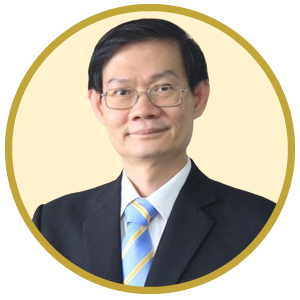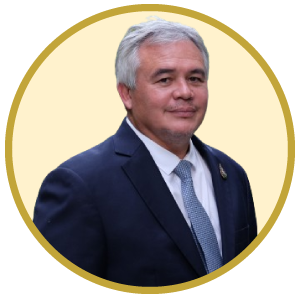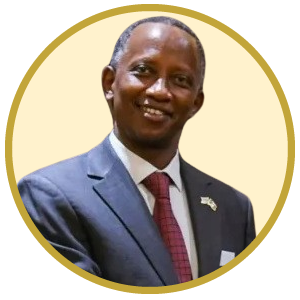Session 3: Community Approaches to Wellness: Empowering Individuals and Promoting Equity
This session highlights the importance of community engagement and social support in achieving wellness and reducing disparities. It explores community-based interventions, grassroots initiatives, and the role of social determinants of health in shaping wellness outcomes. In this session, important questions to be discussed are:
- How can community engagement and grassroots initiatives contribute to improving wellness outcomes and reducing disparities?
- What are some successful examples of community-based interventions that have addressed wellness disparities in diverse populations?
- How can social support networks and community resources be leveraged to promote wellness and resilience?
- What role do social determinants of health, such as education, employment, and housing, play in community wellness, and how can they be addressed?
- What are the challenges and opportunities in building sustainable and inclusive community wellness programs, and how can they be overcome?
Moderator:

Asst. Prof. Dr. Nanthaphan Chinlumprasert,
Dean of Faculty of Nursing at Saint Louis College
Speakers:

Important points:
- Universal health coverage: Thailand provides health insurance to all residents through different schemes.
- COVID-19 response: Thailand successfully controlled the pandemic through community engagement and vaccination efforts.
- Social determinants of health: Thailand addresses factors like education, employment, and housing to improve overall wellness.
- Sustainable wellness programs: Thailand focuses on economic, social, and environmental policies to build sustainable wellness initiatives.
1. Dr. Sompong Chaiopanont, MD.,
Chairman of the Advisory Committee, Office of the Advisory Committee, Department of Health, Ministry of Public Health

Important points:
- Context of displacement: Political oppression and conflicts in Myanmar have led to large numbers of refugees and migrants.
- Comprehensive services: Mae Tao Clinic provides healthcare, education, and training to displaced populations.
- Community engagement: Involving the community in program design and implementation is crucial for success.
- Partnerships: Collaborating with local Thai hospitals, government agencies, and NGOs is essential for providing care.
2. Dr. Cynthia Maung,
Ramon Magsaysay Award Recipient, Founder of Mae Tao Clinic

Important points:
- Key elements for wellness: Primary care, healthcare knowledge, volunteers, and community participation are essential.
- Successful interventions: Adapting healthcare communication methods for diverse populations can improve outcomes.
- Social support networks: Family, neighbors, and co-workers play important roles in promoting wellness.
- Social determinants: Education, housing, and employment significantly impact health outcomes.
3. Mr. Woratha Mongkhonsuebsakul,
Faculty of Humanities and Social Sciences, Thaksin University

Important points:
- Aging demographics: Thailand is facing a rapidly aging population, with implications for workforce, productivity, and healthcare.
- Elderly care gaps: There is a lack of awareness, resources, and support for elderly care facilities and programs.
- Multi-generational care: The aging population is creating situations where multiple generations need care simultaneously.
- Opportunities for improvement: Tax benefits, volunteer programs, and public awareness campaigns can help address elderly care challenges.
4. Mr. Timothy Emen Lertsmitivanta,
Board of Directors and Chief Executive Officer of Thonburi Wellbeing Company Limited

Important points:
- COVID-19 response: Kenya's experience highlighted the importance of international partnerships and local community engagement.
- Vaccine nationalism: The pandemic revealed inequalities in vaccine distribution, emphasizing the need for global cooperation.
- Community empowerment: Providing resources and education to local communities is essential for long-term health improvements.
- Individual action: Everyone can contribute to positive change, regardless of their perceived limitations or resources.
5. H.E. Mr. Kiptiness Lindsay Kimwole,
Ambassador of the Republic of Kenya to Thailand
